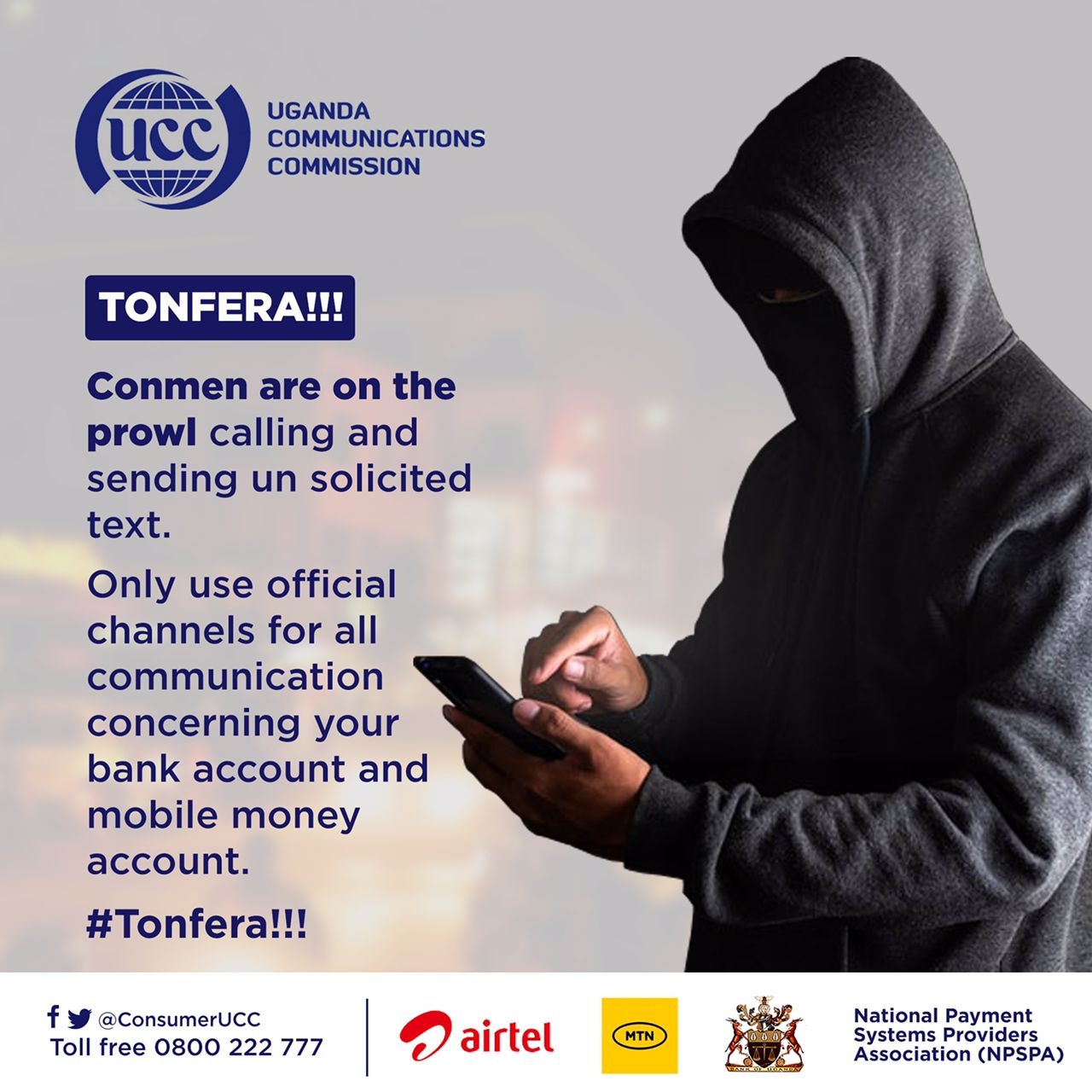In Uganda, the demand for affordable internet has led to a surge in scams involving fake internet bundles. Scammers exploit this need by offering deals that seem too good to be true, targeting unsuspecting users. Some of the common internet bundle scammers on Twitter known as “fiona98799767” and “JudithSsemata12” use the several numbers like 0758-664380 (WhatsApp) 0759-755597 (Calls) to pull off their scams.
How to Spot Cheap Internet Bundle Scams
Too Good to Be True: If an offer significantly undercuts market prices, it’s likely a scam. Always compare prices with reputable service providers.
Unverified Sources: If you receive offers from unfamiliar contacts or social media pages, verify their legitimacy before engaging.
Requests for Personal Information: Be cautious of any offers that ask for sensitive personal information or payment upfront.
Tips to Avoid Cheap Internet Bundle Scams
Verify Offers: Always check directly with your internet service provider for any promotions or bundles. Visit their official website or contact customer service.
Research: Look up reviews and feedback about any service or provider before making a purchase. Reputable services will have an online presence and customer testimonials.
Be Skeptical of Unsolicited Messages: Treat unsolicited offers with caution. Legitimate companies usually do not send promotional messages without prior consent.
Use Secure Payment Methods: If you decide to purchase internet bundles, use secure payment methods that offer buyer protection.
Report Scams: If you encounter a suspected scam, report it to local authorities or consumer protection agencies to help prevent others from falling victim.
Conclusion
As the pursuit for affordable internet continues in Uganda, awareness of these cheap internet bundle scams is vital.



